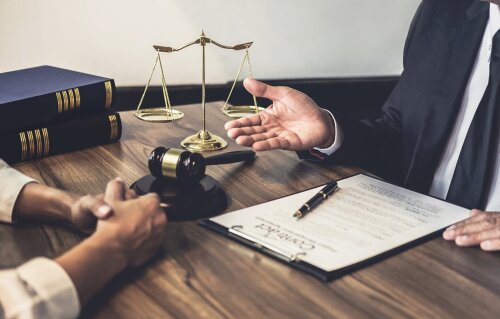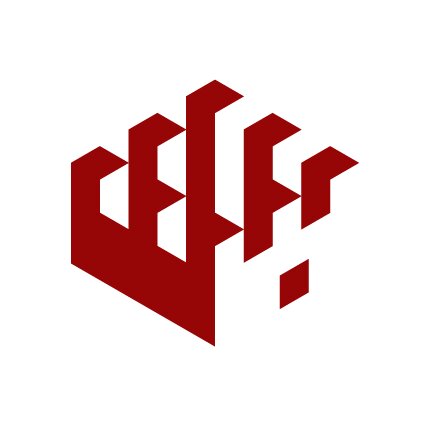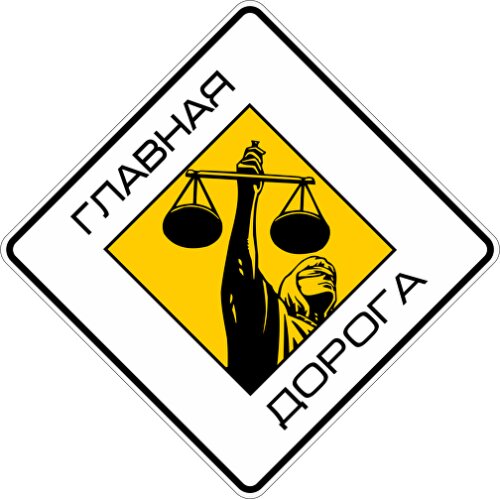Best Appeal Lawyers in Russia
Share your needs with us, get contacted by law firms.
Free. Takes 2 min.
Or refine your search by selecting a city:
List of the best lawyers in Russia
About Appeal Law in Russia
Appeal law in Russia operates as a critical component of the judicial process, providing a mechanism for the review of court decisions that parties argue are incorrect or unjust. This includes both civil and criminal cases and is an integral part of ensuring the fairness and accuracy of legal proceedings. In Russia, the appellate system offers a structured process for individuals to challenge lower court rulings, involving both a review of the trial record and consideration of legal arguments that might warrant a different outcome.
Why You May Need a Lawyer
Navigating the appeals process can be complex and demanding. Individuals may require legal help in several common situations, including:
- Understanding Grounds for Appeal: It's essential to know whether there are legitimate legal grounds for an appeal, which requires expert legal analysis.
- Drafting Appeal Documents: Preparing an appeal involves specific legal documentation, which must be meticulously drafted and submitted within strict deadlines.
- Representation in Court: An experienced lawyer can effectively represent your interests and argue on your behalf during appellate hearings.
- Review of Trial Procedures: A lawyer can assess whether any procedural errors occurred during the trial that could form the basis for an appeal.
Local Laws Overview
Appeals in Russia are guided by the procedures outlined in the Civil Procedure Code and the Criminal Procedure Code, depending on the nature of the case. Key aspects include:
- Filing Deadlines: Appeals must be filed within a specific time frame from the date of the original judgment, typically ten days for criminal cases and one month for civil cases.
- Grounds for Appeal: An appeal can be based on legal errors, factual errors, or procedural violations that affected the outcome of the case.
- Levels of Appeal: Russia's appellate system comprises several levels, including appellate courts, cassation courts, and supervisory review bodies, each with specific jurisdictions and roles.
- Review Process: The appellate court does not conduct a retrial but reviews the case materials, hearing arguments, and may overturn the decision, amend it, or order a retrial.
Frequently Asked Questions
What are the chances of winning an appeal in Russia?
The chances depend on the specifics of each case, including the grounds for appeal and the evidence or legal precedents supporting those grounds.
Is there a deadline for filing an appeal?
Yes, appeals in criminal cases generally need to be filed within ten days, while in civil cases, the period is typically one month from the judgment date.
Can I introduce new evidence during an appeal?
Generally, new evidence is not permitted unless it demonstrates that it could not have been presented during the initial trial for legitimate reasons.
How long does the appeal process take?
The duration can vary significantly depending on the complexity of the case and the court's schedule but generally takes several months.
What costs are associated with filing an appeal?
Costs may include court fees, legal fees, and any other expenses incurred during the preparation and submission of the appeal.
Can a decision made by an appellate court be appealed again?
Some appellate decisions can be further appealed, particularly to cassation or supervisory review courts, depending on the issues involved.
Does the appeal process involve a new trial?
No, the appeal process involves a review of the original trial's procedures and findings, rather than a full retrial.
How do I select a lawyer for my appeal?
Look for a lawyer with specific expertise in appellate law, a successful track record in appeals, and familiarity with the relevant legal issues in your case.
What should I include in my appeal document?
The appeal should outline the grounds for appeal, reference legal arguments, and include relevant documentation from the original case.
Are appeal hearings open to the public?
Typically, yes, although there may be exceptions for certain sensitive cases or at the discretion of the court.
Additional Resources
For more information or assistance, consider reaching out to the following resources:
- Ministry of Justice of the Russian Federation: Provides comprehensive information on the legal system and court operations.
- Russian Bar Association: Offers a directory of licensed lawyers and firms specializing in appeals.
- Supreme Court of the Russian Federation: Offers guidelines and publications on court procedures.
- Public Chambers and Legal Aid Centers: Provide support and assistance in understanding legal rights and processes.
Next Steps
If you believe you need legal assistance for an appeal in Russia, consider the following steps:
- Consult with a lawyer experienced in appeals to assess the viability and potential outcomes of your case.
- Gather all relevant documentation from your original case efficiently and organize them for review.
- Ensure any appeal submissions are prepared and filed within the stipulated deadlines to avoid procedural dismissals.
- Prepare for any hearings by reviewing the relevant legal and factual bases of your appeal with your lawyer.
Taking prompt and informed action can significantly influence the effectiveness of your appeal.
Lawzana helps you find the best lawyers and law firms in Russia through a curated and pre-screened list of qualified legal professionals. Our platform offers rankings and detailed profiles of attorneys and law firms, allowing you to compare based on practice areas, including Appeal, experience, and client feedback.
Each profile includes a description of the firm's areas of practice, client reviews, team members and partners, year of establishment, spoken languages, office locations, contact information, social media presence, and any published articles or resources. Most firms on our platform speak English and are experienced in both local and international legal matters.
Get a quote from top-rated law firms in Russia — quickly, securely, and without unnecessary hassle.
Disclaimer:
The information provided on this page is for general informational purposes only and does not constitute legal advice. While we strive to ensure the accuracy and relevance of the content, legal information may change over time, and interpretations of the law can vary. You should always consult with a qualified legal professional for advice specific to your situation.
We disclaim all liability for actions taken or not taken based on the content of this page. If you believe any information is incorrect or outdated, please contact us, and we will review and update it where appropriate.
Browse appeal law firms by city in Russia
Refine your search by selecting a city.












